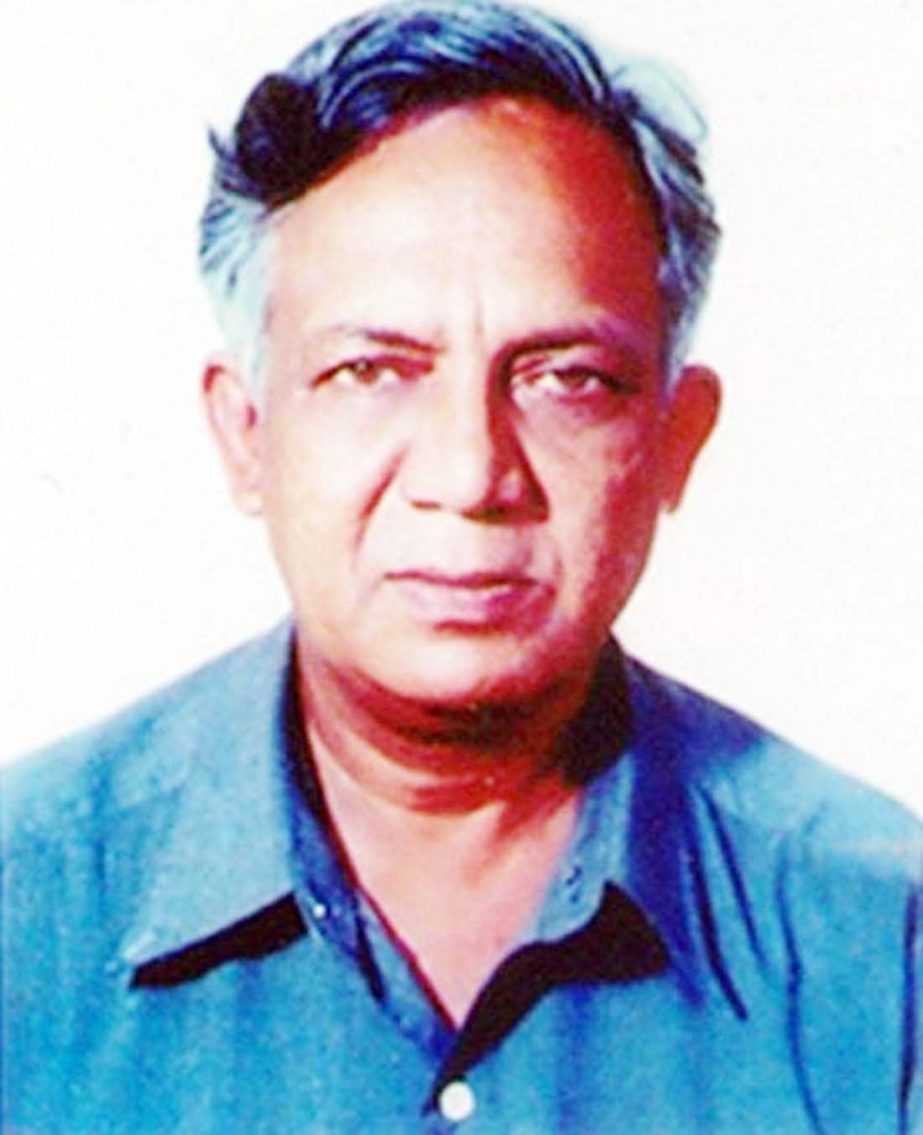
Jehangir Hussain:
G 7 leaders have gathered at the resort of Carbis Bay in Cornwall, Southwest England to make a series of health policy commitments to reduce the time to develop and license vaccines, treatments and diagnostics for any future disease under 100 days and reinforce global surveillance network.
The leaders of the US, Germany, Japan, UK, Canada, France and Italy held the summit for the first time since the covid-19 pandemic broke out.
The summit adopted an action plan containing a series of financial and health policy commitments to slash the time to develop and license vaccines, treatments and reinforce surveillance network to prevent future pandemics.
G 7, however, drew sharp criticism for doing nothing to address the fundamental issues while covid-19 killed millions and wrecked economies across the world.
Oxfam said the G 7 was doing ‘nothing to address the fundamental problems that are preventing vaccines being accessible to the vast majority of humanity.’
It said that the G 7 was ‘largely focused on ‘building back better’ after covid -19 wrecked economies and claimed millions of lives around the world.
The G7’s pledge to donate one billion vaccine doses to poor countries this year and in the next has been dubbed by critics as ‘much too slow to end the crisis any time soon’.
The world needs a stronger global surveillance to detect new pandemics, said World Health Organization chief Tedors Adhanom Ghebreyesus, welcoming the pact after the G 7 leaders agreed on the pandemic pact. He also said that the WHO would examine a British proposal to create’global pandemic radar to send early warnings of future outbreaks.’
‘The Carbis Bay Declaration marks a proud and historic moment for us all,’ said British Prime Minister Borris Johnson said on Twitter, as he chaired the 2nd day of the 3-day summit.
‘Under this agreement, the world’s leading democracies will commit to preventing a global pandemic from ever happening again, ensuring the devastation caused by covid-19 is never repeated,’ said Borris.
The summit took place in the backdrop of the spread of the deadly Indian Delta variant of coronavirus in England and Moscow announcing a non-working week asking non-essential workers to stay home.
On Saturday Borris Johnson expressed ‘serious concern’ about rising infections by the Delta variant of coronavirus.
The rapid spread of the covid-19 variant has thrown British plans to reopen on June 21 into jeopardy.
The cases and the level of hospitalization are going up, Borris Johonson told Sky News.
Moscow mayor Sergei Sobyanin announced the ‘non-working week’ in the Russian capital asking non-essential workers to stay home.
The decision reversed the tone of the Russian authorities with President Vladimir Putin boasting that Russia had handled the pandemic better than many countries.
During the past week the situation deteriorated in Moscos, a city of 12 million, with the fresh spread of infections requiring the mayor to admit on his website, Moscow registered 6,701 daily infections, the highest since December 2020.
The mayor also said, ‘thousands of hospital beds have been repurposed for corona patients.’
The Economist drew a grim picture of business in the world caused by the pandemic.
It said, ‘only America and China have been able to marshal the process of creative destruction. Of the 19 firms created in the past 25 years that are now worth over $100 bn, nine are in America and eight in China. Europe has none.’
(Jehangir Hussain is a journalist. [email protected])

